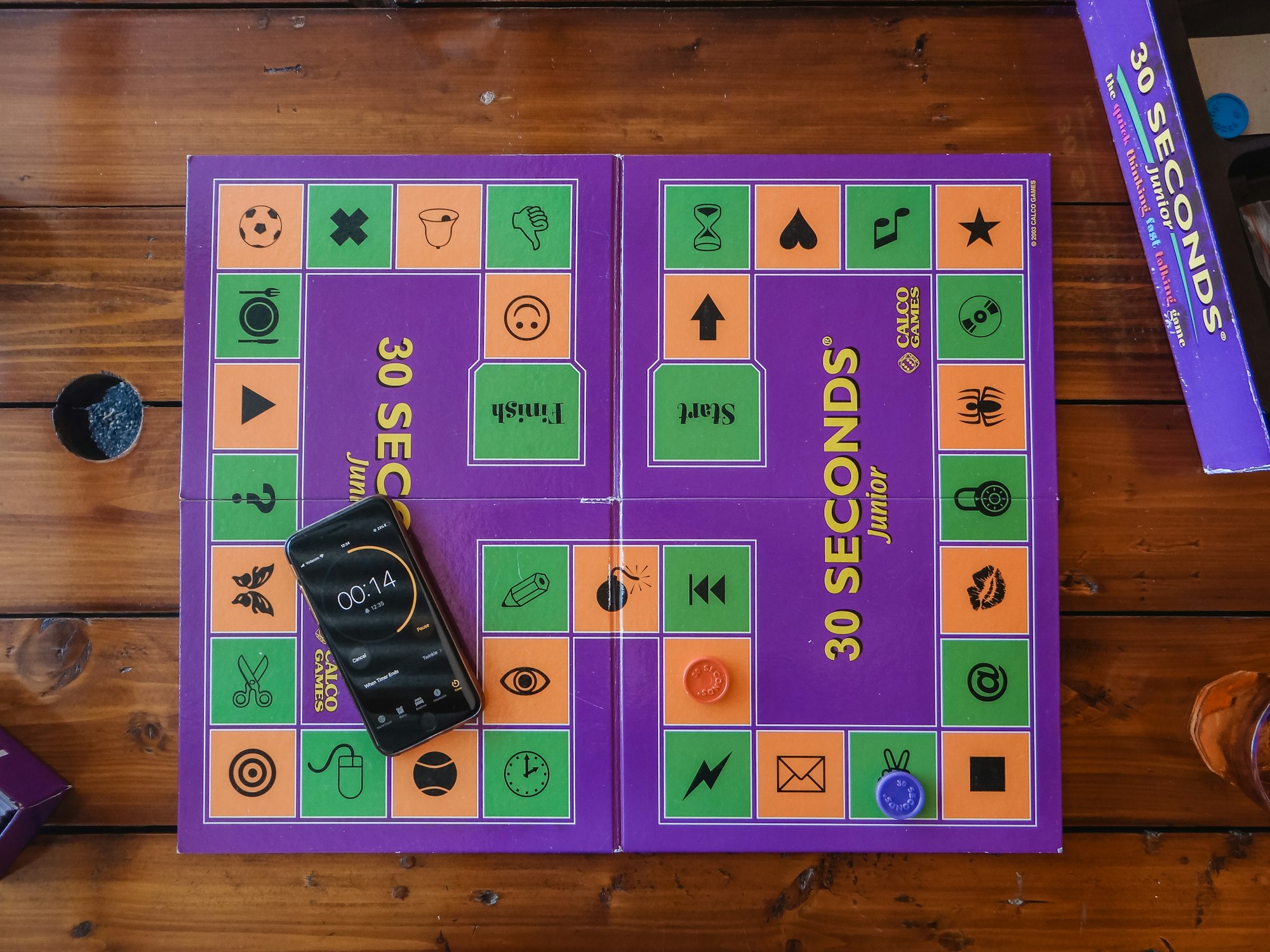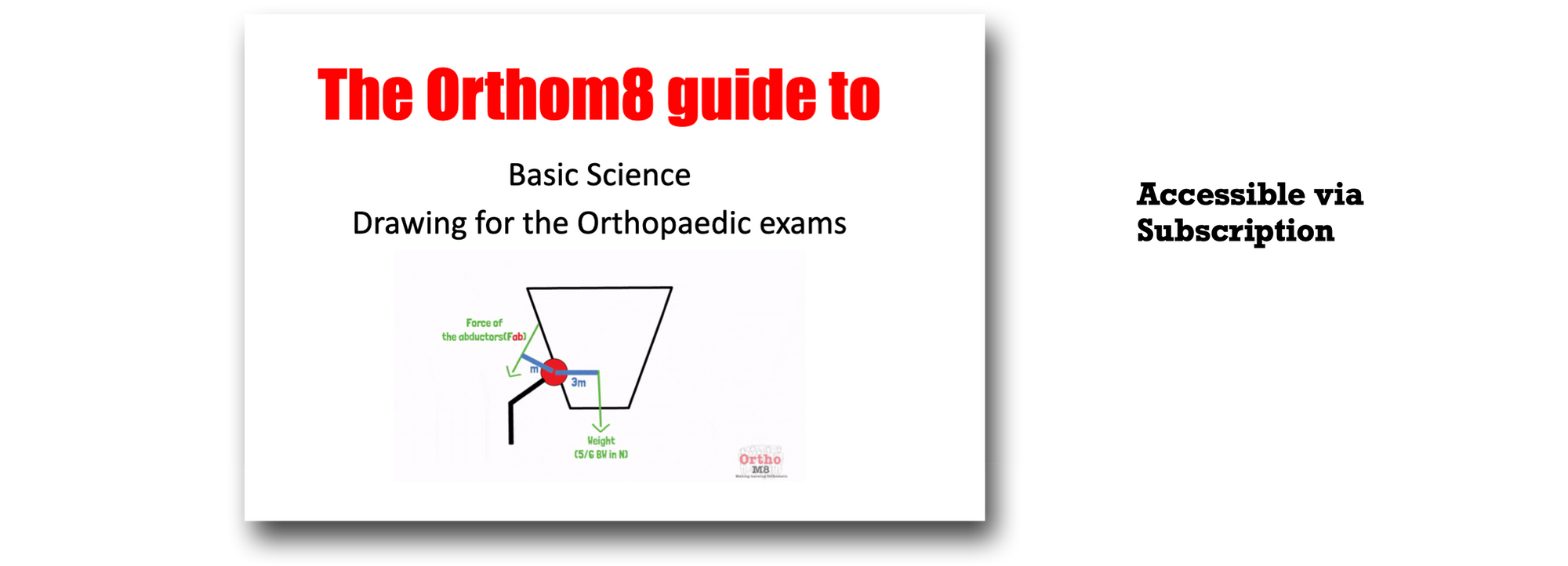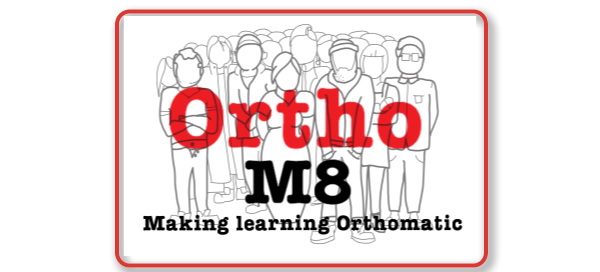The Orthom8 newsletter - #1
👋🏾 Welcome to this edition of the fortnightly Orthom8 newsletter.
It's so amazing that everyone feels that they know all about hip fractures, until they realise they don’t.
My name is Harry Benjamin-Laing and I'm the founder of Orthom8.
I'm very pleased that you have taken the time to sign up to the membership. I look forward to getting to know you all, interacting and hopefully collaborating.
This newsletter is aimed at those preparing for the FRCS examinations but will be useful for those preparing others for the exam. There is only one outcome we are all interested in and that is an Exam PASS 🥳.
The focus for this edition is the humble hip fracture.
A common starting point for Trauma meeting discussion but also fodder for exam and interview anxiety. It's so amazing that everyone feels that they know all about hip fractures, until they realise they don’t.
I used to think
“ Why do they keep asking the same questions about hip fractures? Why have I been asked about it in the Trauma meeting, at core surgical interviews, at ST3 interviews and also in my FRCS exams?"
The versatility of the hip fracture as a topic knows no bounds. Let me show you how a broad perspective plays out in the exam.
I’ve seen hip fractures in young people, old people, high-energy trauma and low-energy trauma.
Hip fractures can be of sudden onset or gradual onset. Hip fractures can be associated with femoral shaft fractures, hip dislocations, or part of polytrauma. Sometimes there’s no history of trauma and the hip breaks before the patient falls. Are all elderly hip fractures pathological?
Patient’s with hip fractures are often more complicated due to other co-morbidities such as cardiac and respiratory conditions. Has the patient fallen because of a simple fall? What is a simple fall? I am always amazed by the variation in pathologies that we call the hip fracture.
You can be questioned about anatomy, diagnosis, classification, approaches as well as fixation or replacement method.
Then comes the variations: Is this a patient with a pathological fracture? Do they have have a neurological disorder?
Despite improvements in the holistic treatment of hip fractures the truth is the hip fracture is a pre-terminal event in the elderly patient.
This is not an exhaustive list but hopefully it will give you an understanding of the principles and the considerations required for decision making.
- The website is being updated constantly
|Home|About|Youtube|Membership|Coming soon|




❤️ Enjoy this newsletter?
Do 4 things
1) Forward to a friend and let them know where they can subscribe (hint: It's here).
2) Follow me on Twitter
3) Anything else? Hit reply to send me feedback or say hello. 💡 Ideas and thoughts appreciated.






